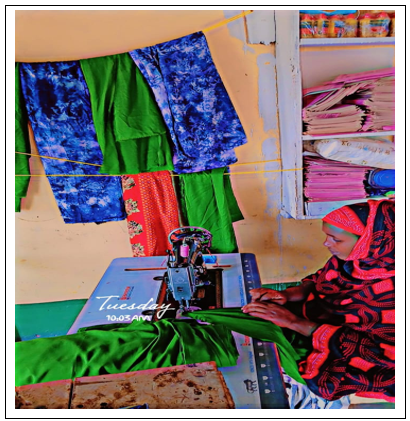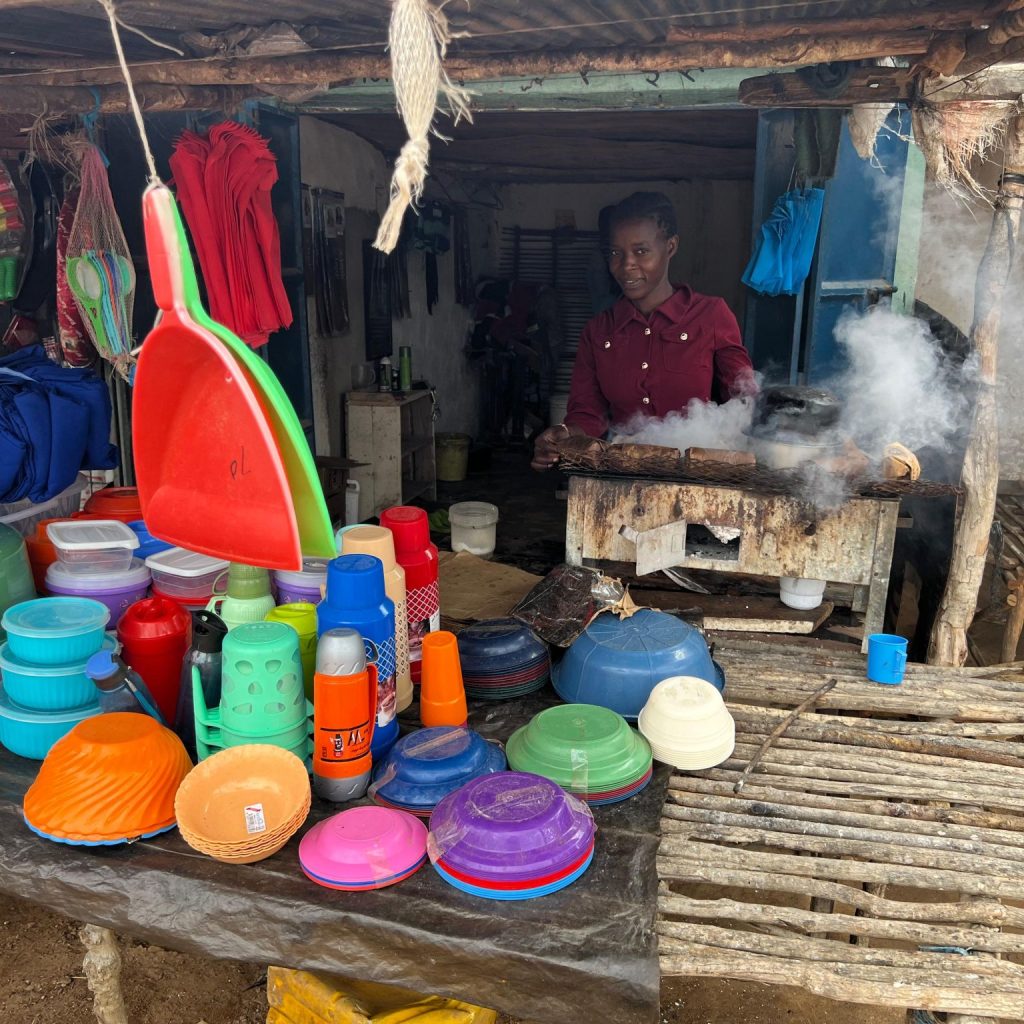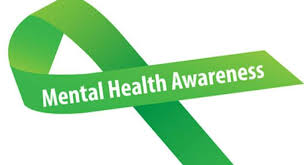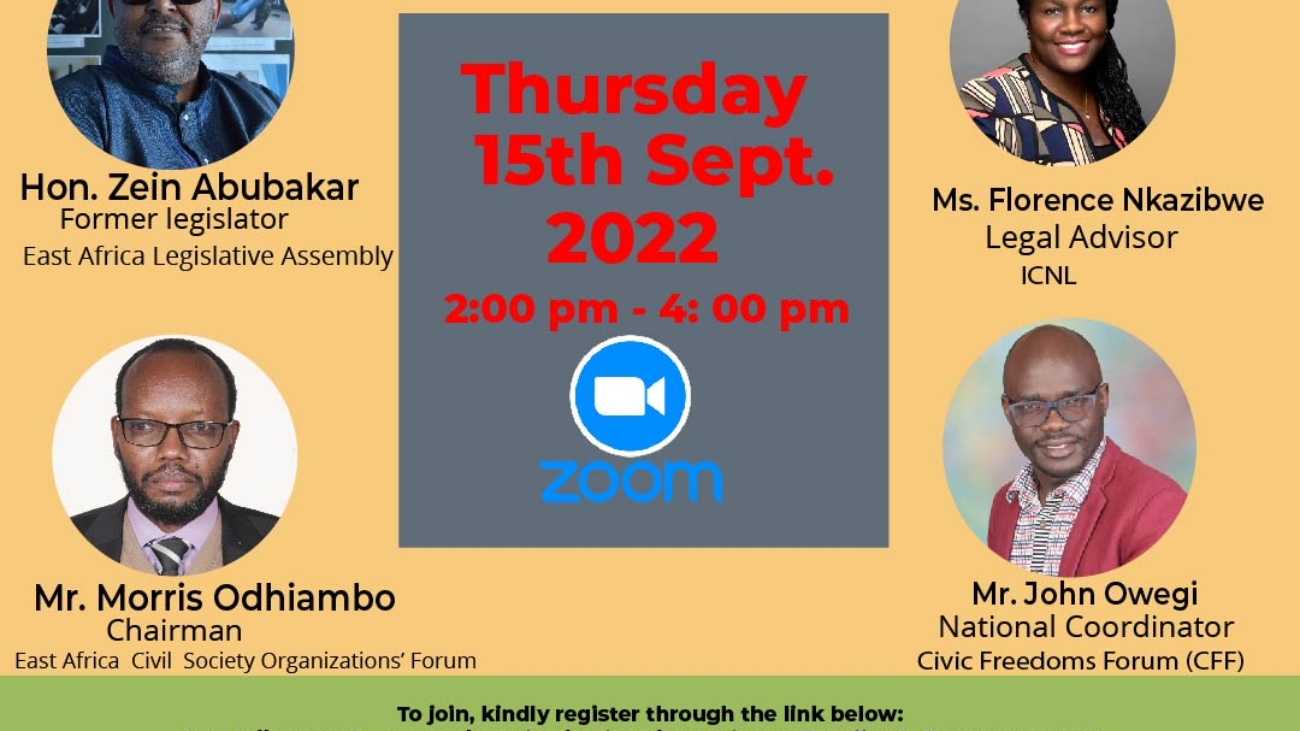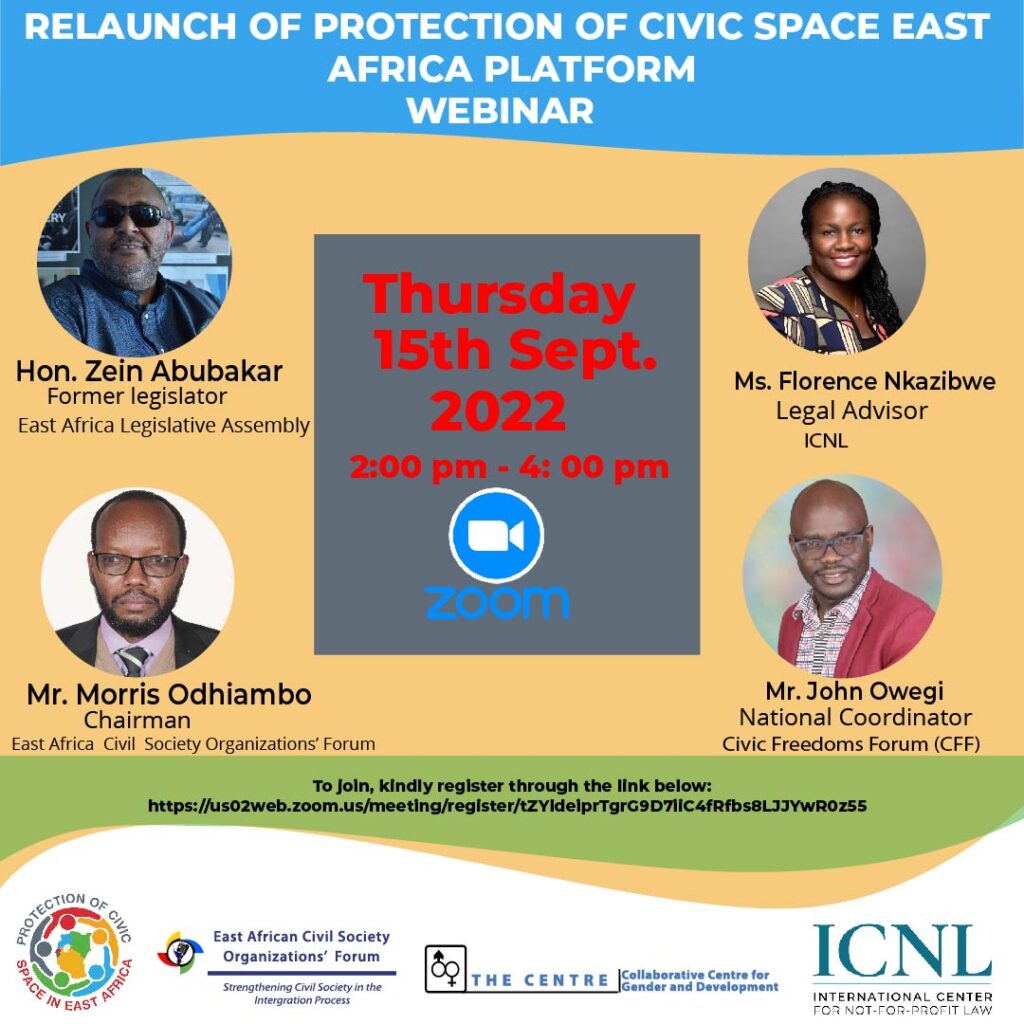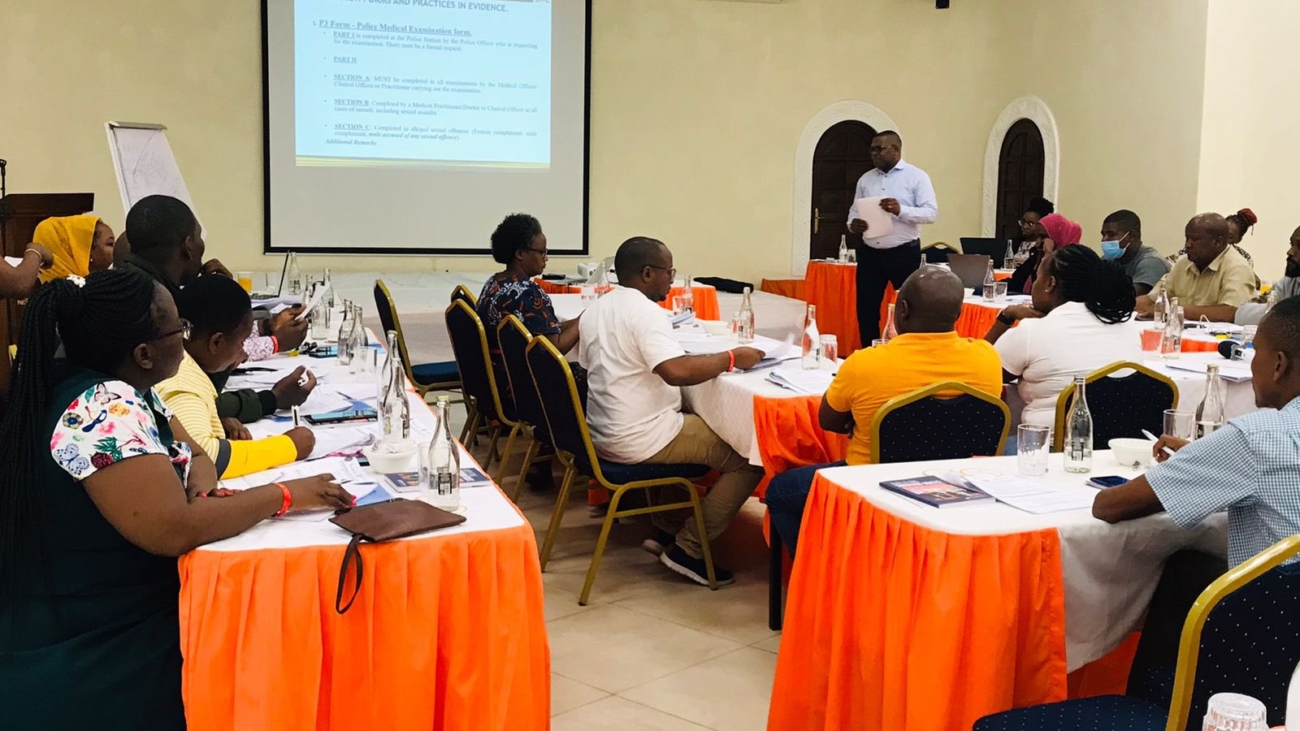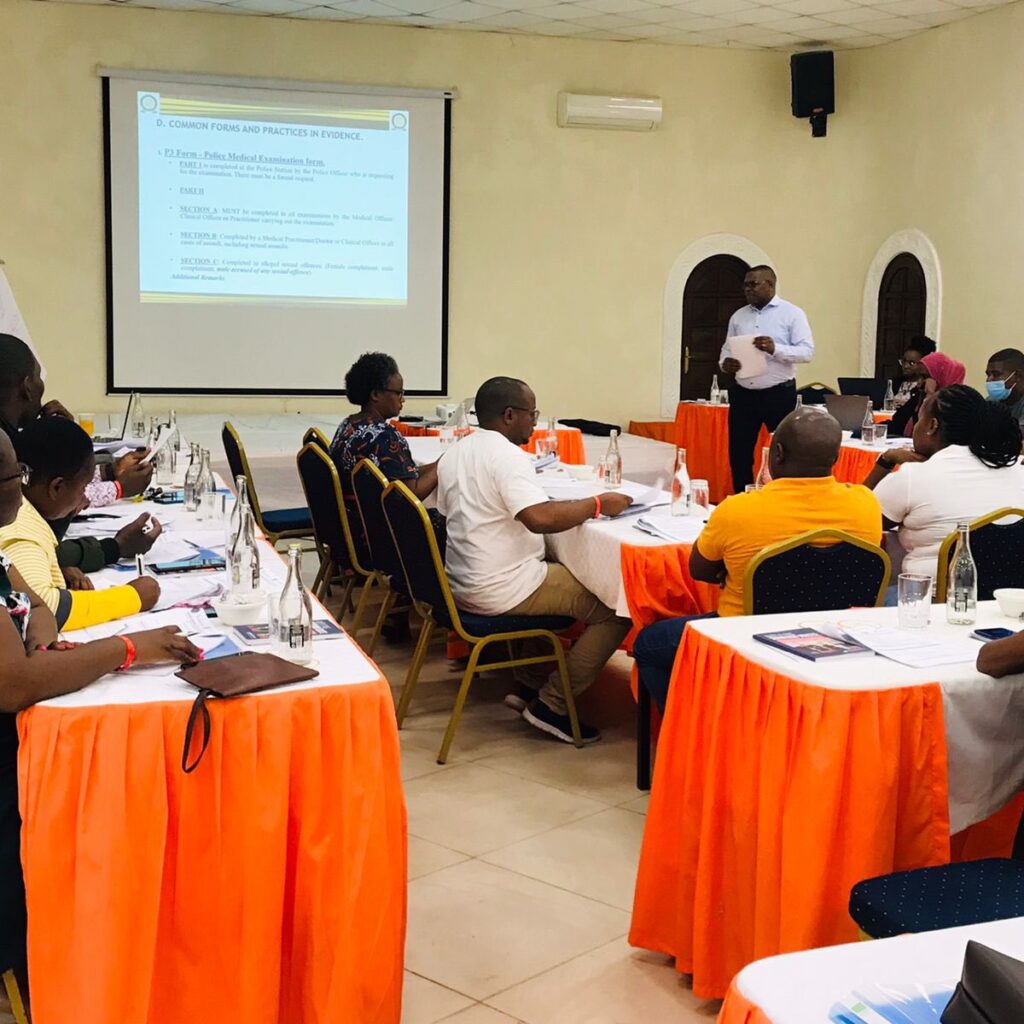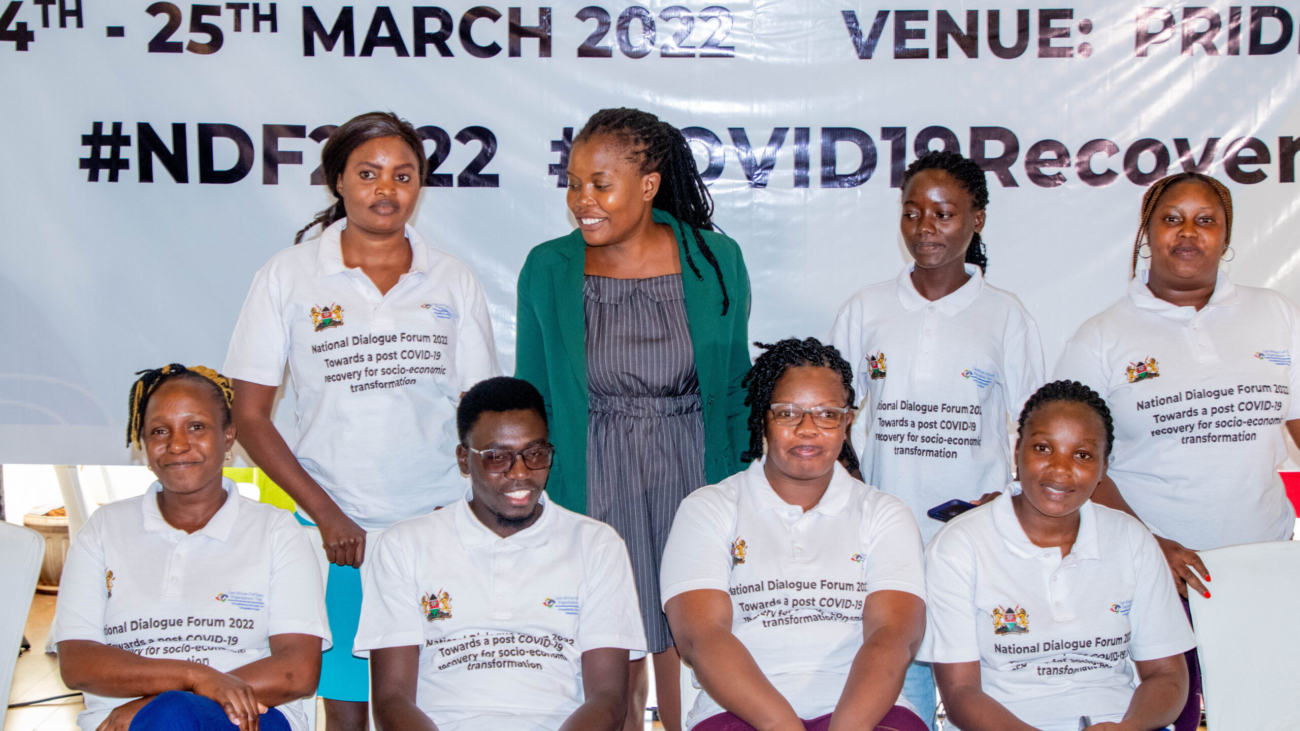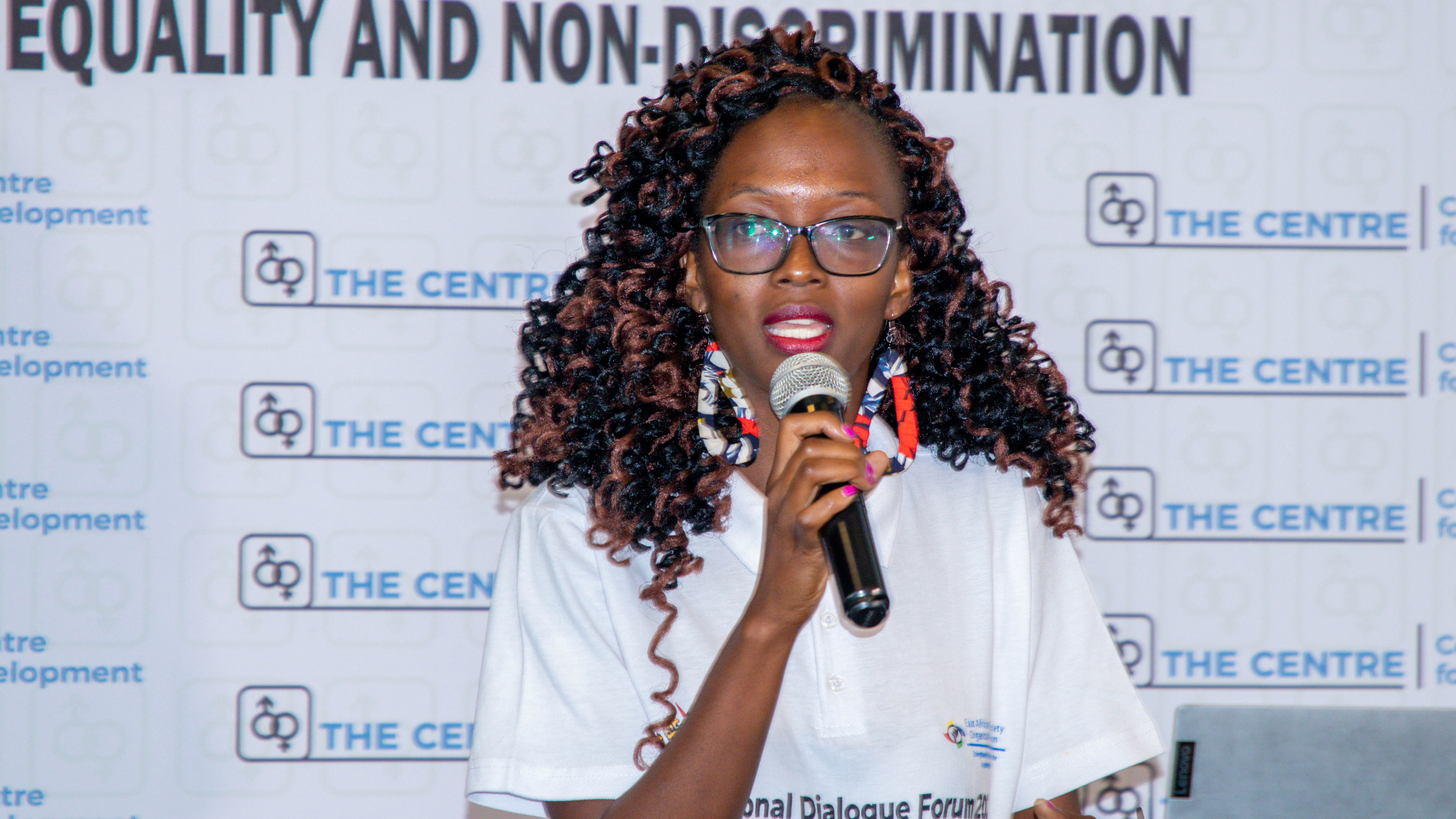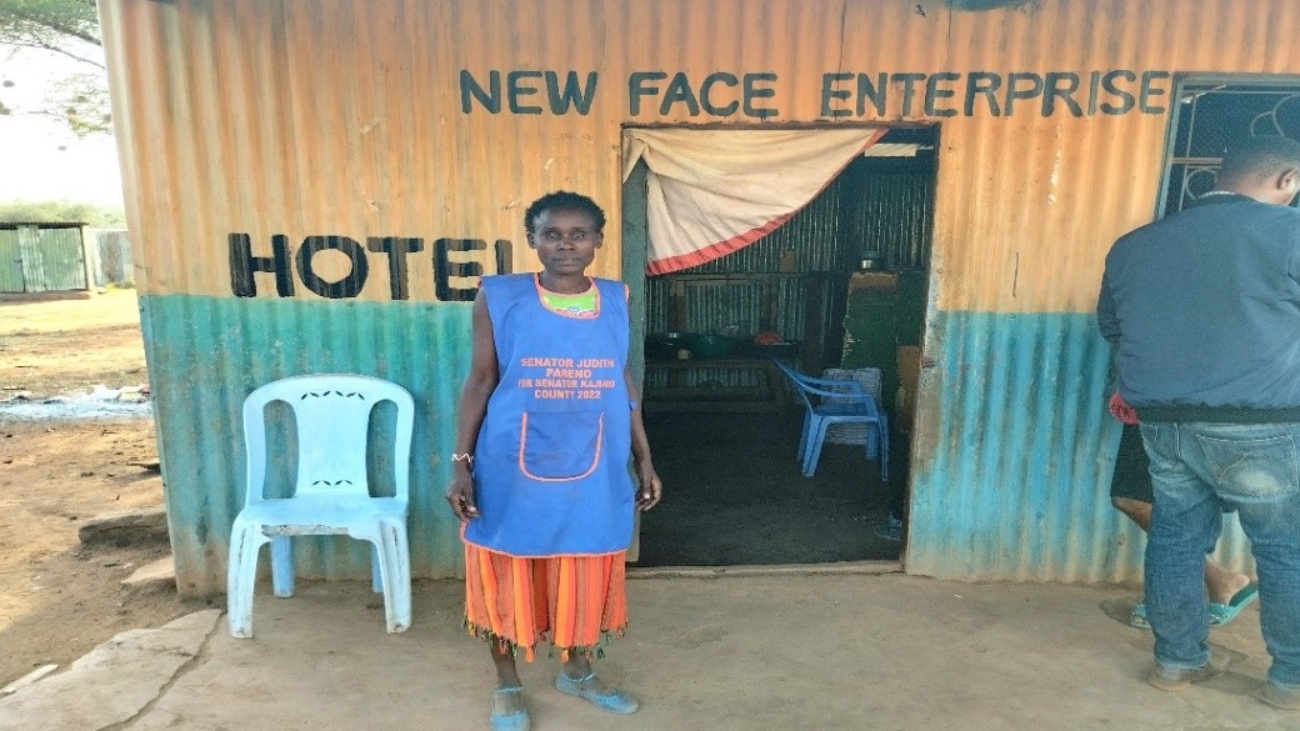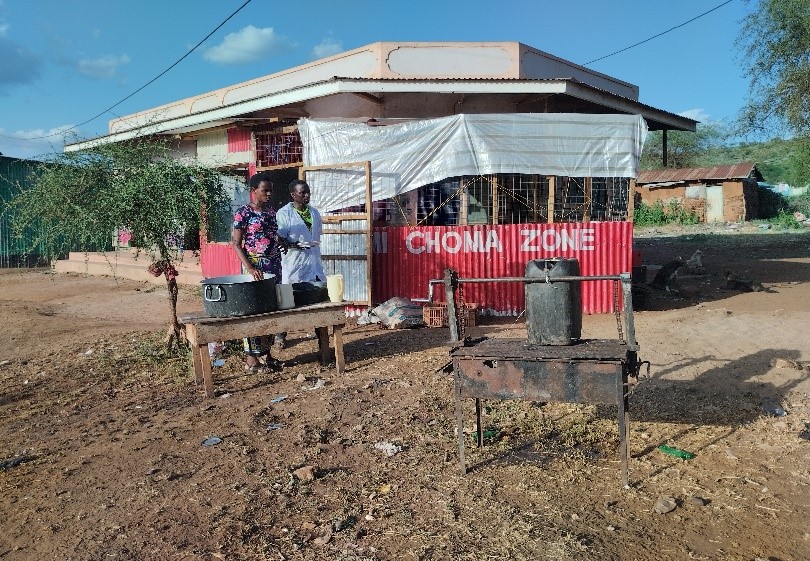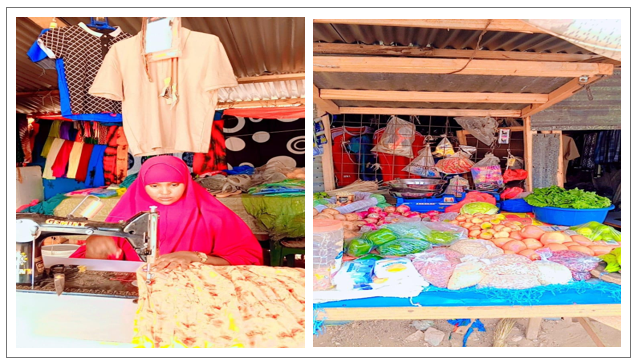
Life in Mandera County was a story of hardship for Raha Noor Daud. As the only child in a poor family, her youth was marred by an early marriage at the age 16. The union, driven by parental pressure, was a source of immense pain, marked by years of spousal bullying and emotional abuse. This gender-based violence (GBV) left her with deep emotional scars. Following her divorce, Raha, now 28, carried the weight of her past trauma and the responsibility of caring for her aging parents. Financial independence seemed like a distant dream, her spirit crushed by the years of abuse.
The path to healing began when she discovered the Jasiri program, funded by the Mastercard Foundation and implemented by the Collaborative Center for Gender and Development (CCGD). This program was more than a course; it was a lifeline. On January 6, 2025, Raha enrolled in the tailoring course at the Integrated Community based Organization (ICDO) Vocational Training Center in Neboi ward. The classroom became her sanctuary, a place where she could channel her pain into a purposeful skill. With every stitch and seam, she was not just learning to sew; she was mending the broken pieces of her life.
On June 30, 2025, Raha successfully completed her course. The transformation was remarkable. The trauma that had once defined her began to fade, replaced by a newfound confidence and a sense of self-worth. She had fully recovered and was ready to take on the world, a testament to her incredible resilience. Though she lacked the funds to buy her own sewing machines, she was undeterred. She rented machines to get her business off the ground, a small but vital investment in her future.
Today, Raha is a thriving entrepreneur, the proud owner of a successful tailoring business. She has not only carved a niche for herself in her community but has also created a life on her own terms. Her earnings allow her to support her parents and save for the future, with the ultimate goal of one day buying her own machines. Looking ahead, Raha is hopeful for a future filled with love and partnership. She plans to marry a man of her choice, a decision born of her newfound independence and strength.
Raha’s journey is an inspiration, a powerful reminder that with determination, healing, and hard work, you can overcome trauma and stitch together a beautiful new life for yourself, one thread at a time.

